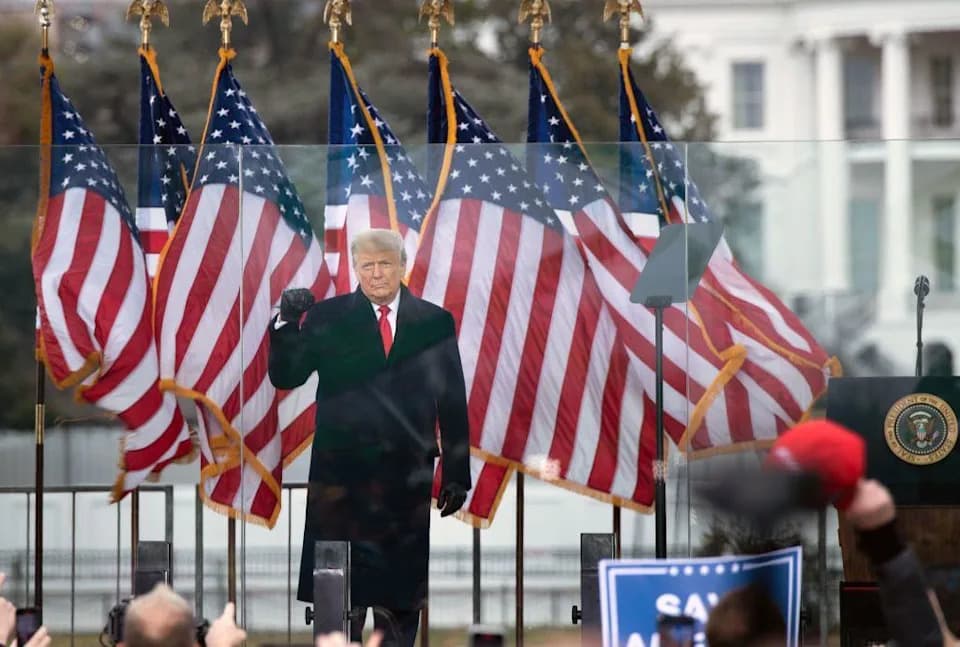A class-action lawsuit filed by rapper RBX accuses Spotify of ignoring bot networks that allegedly inflated play counts, siphoning millions to top artists while reducing payouts for smaller creators under the platform’s pro-rata model. The complaint — which cites billions of suspicious streams tied to songs by Drake but does not name him as a defendant — seeks relief on behalf of more than 100,000 rights holders. Spotify denies benefiting from fraud and says it invests in systems to detect and remove fake streams. The case adds to broader concerns about streaming transparency and artist compensation.
Lawsuit Claims Spotify Overlooked Bot Networks That Inflated Streams for Megastars

New class action alleges widespread streaming fraud on Spotify
A class-action lawsuit filed in a U.S. federal court on Sunday accuses Spotify of turning a blind eye to extensive bot networks that artificially inflate play counts to the advantage of major artists while harming lesser-known musicians.
The complaint, brought by rapper RBX (identified in the filing as a cousin of Snoop Dogg), alleges that bogus streams have funneled millions of dollars to high-profile performers — citing data that it says shows billions of fraudulent streams linked to songs by "the most streamed artist of all time," professionally known as Drake.
"This mass-scale fraudulent streaming causes massive financial harm to legitimate artists, songwriters, producers and other rightsholders," the suit states.
RBX seeks to represent more than 100,000 recording artists, songwriters, performers and other rights holders and notes that Drake is not named as a defendant and is not accused of wrongdoing in the complaint.
The lawsuit centers on Spotify's pro-rata payout model, under which all subscription and ad revenue is pooled and distributed based on an artist's share of total streams. The complaint contends that inflated play counts for superstar acts reduce the pot available to other creators and that Spotify benefits commercially by appearing to have more active users and ad inventory.
"To satisfy constant pressure from shareholders to grow the business and increase stock prices, Spotify needs an ever-expanding population of users to engage on its platform," the filing says. "The more users (including fake users) Spotify has, the more advertisements it can sell..."
Spotify told AFP it could not comment on pending litigation but denied benefiting from fraudulent streams. A company spokesperson said Spotify "heavily invest[s] in always-improving, best-in-class systems" to detect and remove fake streams, with measures including withholding royalties and imposing penalties.
The new suit is one of several legal disputes tied to alleged streaming manipulation. Last year, Drake sued Universal Music alleging inflated streams for a rival's diss track; that case was dismissed in October and Drake is appealing.
Suspicions about stream manipulation have followed major streaming services since streaming overtook downloads as the primary mode of music consumption, prompting ongoing debate about transparency, auditing and fair compensation for creators.
Help us improve.




























